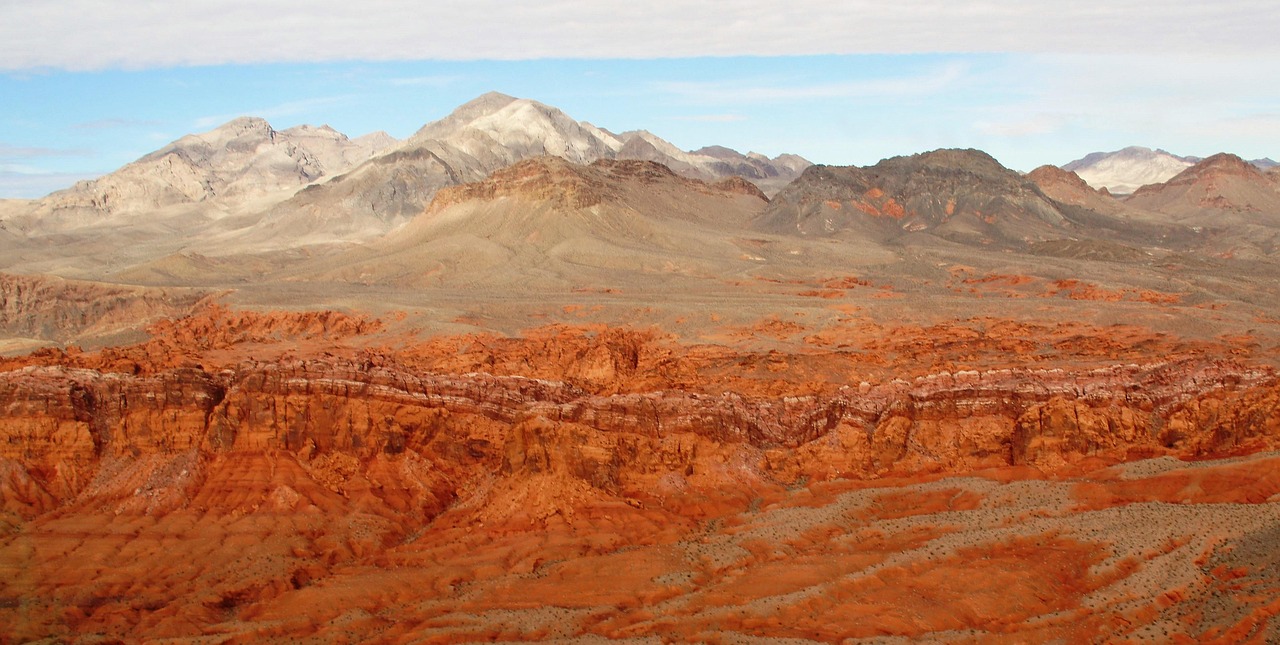Why you simply must checkout summarizing the key findings of the UNEP Foresight Brief on the role of plants, soils, and water in climate regulation. and Lake Mead
Summarizing the key findings of the UNEP Foresight Brief on the role of plants, soils, and water in climate regulation. and Lake Meadfor Wyoming – Around 15.9 inches (404 mm) per year
Here are some ways to make the text more question-based, focusing on engaging the reader and sparking curiosity:
Option 1: Direct Questions
- What are the “natural air conditioners” of our planet, and how do they work?
- How do plants, soils, and water interact to influence the climate?
- What is the Active Climate Rescue Initiative (ACRI) doing to understand and address climate challenges?
- How do the actions of ACRI in Wyoming impact the climate of the entire region?
- What can we do to support healthy natural systems and protect our planet for future generations?
Option 2: Open-Ended Questions
- Explore the fascinating relationship between plants, soils, and water in regulating our planet’s temperature.
- How can we learn from the natural cooling systems of our planet to address climate change?
- What are the potential consequences of disrupting these delicate natural systems?
- What role can each of us play in supporting the work of the Active Climate Rescue Initiative?
Option 3: Thought-Provoking Questions
- Could the “natural air conditioners” of our planet be the key to a cooler future?
- What are the ethical and practical implications of actively managing these natural systems?
- How can we bridge the gap between scientific understanding and public awareness of climate solutions?
Remember: The best questions are those that are engaging, thought-provoking, and encourage the reader to think critically about the topic.
Our Planet’s Natural Air Conditioners: Plants, Soils, and Water
TL;DR – This article talks about how plants, soils, and water work together to help cool down our planet, just like an air conditioner. It explains how these natural systems are being affected by climate change and how we can help them stay healthy.
The Big Picture: A Natural Cooling System
Imagine our planet as a giant air conditioner. Plants, soils, and water are like the different parts that work together to keep things cool. Plants suck up carbon dioxide from the air, just like your air conditioner pulls in hot air. Healthy soils store a lot of this carbon, keeping it out of the atmosphere. And water, especially oceans, soak up heat from the sun, like a big, cool bath. These systems are crucial for keeping our planet at a comfortable temperature.
Wyoming’s Cool Challenge:
Wyoming, with its average annual rainfall of 15.9 inches, is part of a vast, interconnected system. The way plants, soils, and water interact in Wyoming influences the climate of the entire region. But just like an air conditioner can break down, these natural systems are facing problems. Climate change is causing hotter temperatures, droughts, and wildfires. This means plants are struggling to grow, soils are getting drier, and water sources are shrinking.
The Active Climate Rescue Initiative: Experts in Action
The Active Climate Rescue Initiative (ACRI) is a group of scientists and experts who are working hard to understand and fix these problems. They’re developing innovative solutions, like new ways to plant trees, improve soil health, and manage water resources. Their goal is to help restore our planet’s natural cooling system, so we can all stay cool and comfortable for years to come.
Putting It All Together
Plants, soils, and water are a powerful team for regulating our climate. They’re facing serious challenges, especially in places like Wyoming where temperatures are rising and water is scarce. Groups like ACRI are working hard to develop solutions. By supporting their work and making responsible choices, we can help keep these natural systems healthy and protect our planet for future generations.
More on summarizing the key findings of the UNEP Foresight Brief on the role of plants, soils, and water in climate regulation.…
- ## Important Related to UNEP Foresight Brief:
- General:
- UNEP Foresight Brief
- Plants, soils, and water in climate regulation
- Climate regulation
- Climate change mitigation
- Ecosystem services
- Sustainable development
- Environmental protection
- Biodiversity conservation
- Carbon sequestration
- Water security
- Soil health
- Plant biodiversity
- Sustainable agriculture
- Specific Findings:
- Role of plants in carbon capture
- Soil organic matter and climate change
- Water management for climate resilience
- Ecosystem restoration and climate mitigation
- Policy recommendations for climate action
- Lake Mead:
- Lake Mead
- Colorado River
- Water scarcity
- Drought
- Reservoir levels
- Water conservation
- Environmental impact
- Climate change impact
- Water management strategies
- Lake Mead water levels
- Drought in the Southwest
- Colorado River Basin
- Water supply
- Water resources
- Water crisis
- Combined:
- UNEP Foresight Brief Lake Mead
- Climate change impact on Lake Mead
- Role of plants in Lake Mead water management
- Soil health and Lake Mead water levels
- Water conservation strategies for Lake Mead
- Sustainable agriculture and Lake Mead
- Lake Mead water crisis
- Drought and Lake Mead
- Colorado River water management and Lake Mead
- Ecosystem restoration and Lake Mead
- Policy recommendations for Lake Mead
- Lake Mead water supply and demand
- Climate change and Lake Mead water security
- Lake Mead and sustainable development
- Lake Mead and biodiversity conservation
Contents
- 1 Summarizing the key findings of the UNEP Foresight Brief on the role of plants, soils, and water in climate regulation. and Lake Meadfor Wyoming – Around 15.9 inches (404 mm) per year
- 2 Our Planet’s Natural Air Conditioners: Plants, Soils, and Water
- 3 More on summarizing the key findings of the UNEP Foresight Brief on the role of plants, soils, and water in climate regulation.…





